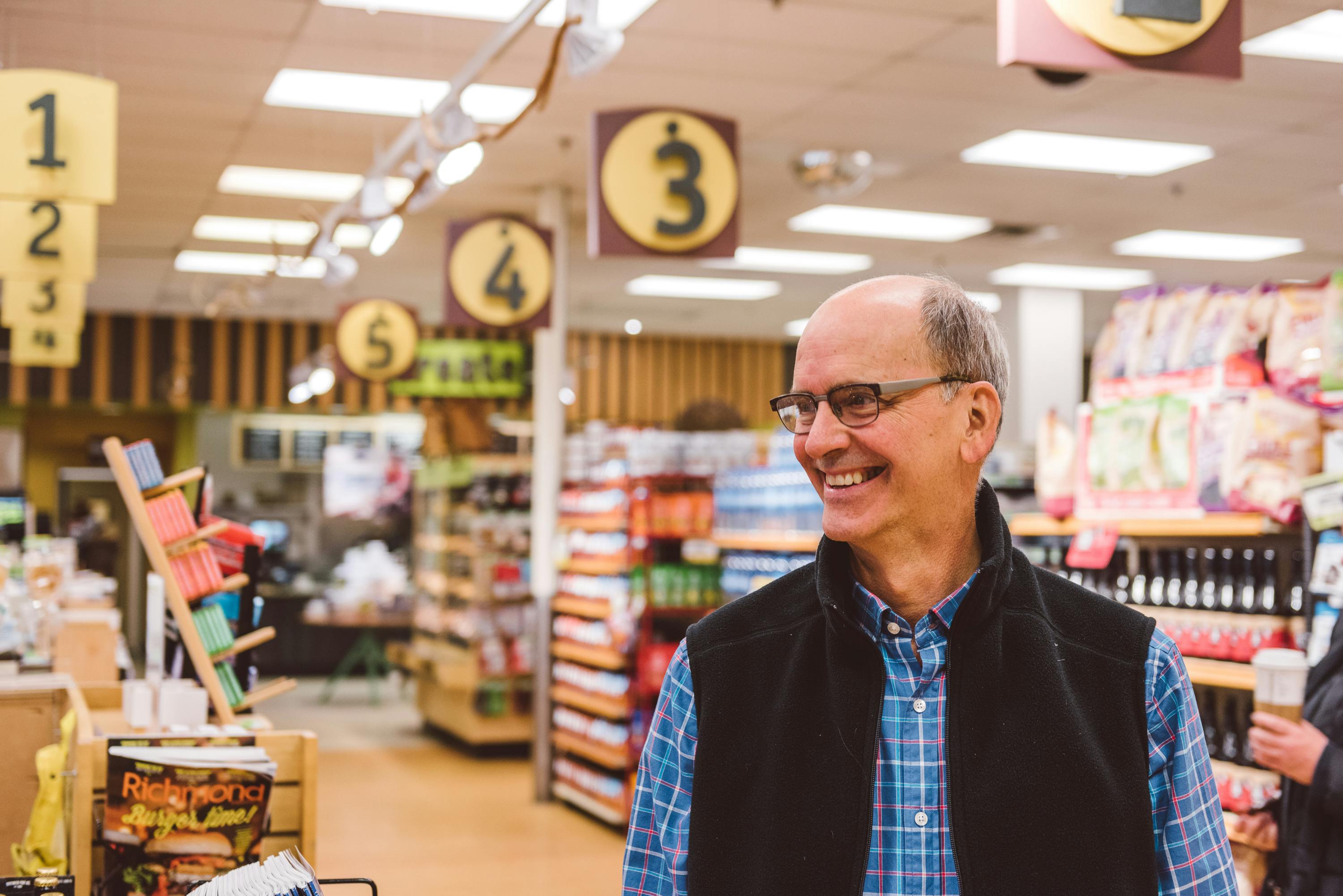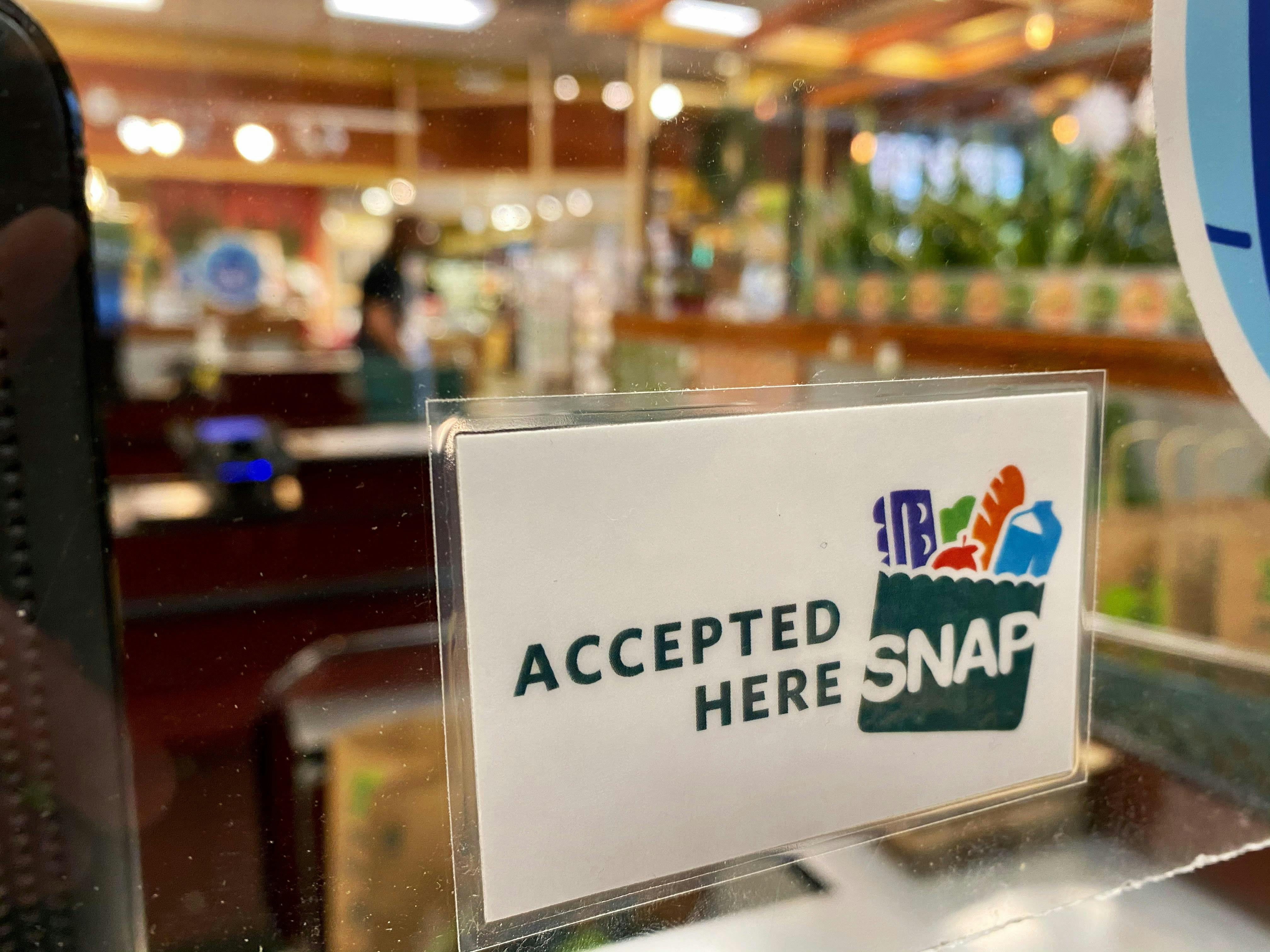Just imagine, huge, gas-guzzling, delivery trucks driving up and down the same small neighborhood streets every day in an effort to drop off one package in 24 hours. Delivery times may be shrinking but the negative economic impact is increasing.
Online retailers deliver to consumers straight from huge warehouses which cuts down the need to distribute to stores. Instead, delivery trucks are constantly moving products through communities to millions of customers, often times delivering only one product. The products are not only traveling farther but also using fleets of trucks and increasing amounts of boxes and packing materials, generating more waste and emissions.
Online offerings are increasing to consumers today, but behind these newfound conveniences are hidden costs. Online retailers create less than half as many jobs as local brick-and-mortar stores do. This means the more online retailers grow and crowd out other businesses, the fewer jobs there are available. For every $10 million in sales made in North America, online retailers employ approximately 8 people, which probably will be less as robots replace humans.
How we choose to direct our spending shapes the future of the place we live – and how interesting, special, and healthy it will be.
Property and sales taxes are the main sources of funds for our schools and public services. If local businesses are squeezed out by online outlets, households will have to shoulder a higher tax burden. In most communities, online retailers don’t have facilities and therefore pay no property taxes. In nearly half the states, they do not collect state and local sales taxes.
While local retailers are engines of economic activity, spending their revenue at a wide variety of other businesses in the community, online retailers merely extract money, leaving little behind. They don’t need local printers, designers, lawyers, or bankers – except for the small amount companies pay to delivery drivers and third-party sellers. All of the money consumers spend with online retailers leaves their local economy. How we choose to direct our spending shapes the future of the place we live – and how interesting, special, and healthy it will be.
Online retailers aren’t involved in the communities where the majority of its customers live. In fact, in the case of Amazon, its dominance (55% of all online purchases) makes it harder to start a business, gives one company too much power to pick winners and losers and steers the choices we have as consumers. It doesn’t give to local charities or help solve local problems in these places. It contributes nothing to the vitality of our streets and neighborhoods. Live your values and know that the convenience of e-commerce can come at a price to the environment & community.
Live your values and know that the convenience of e-commerce can come at a price to the environment & community.











